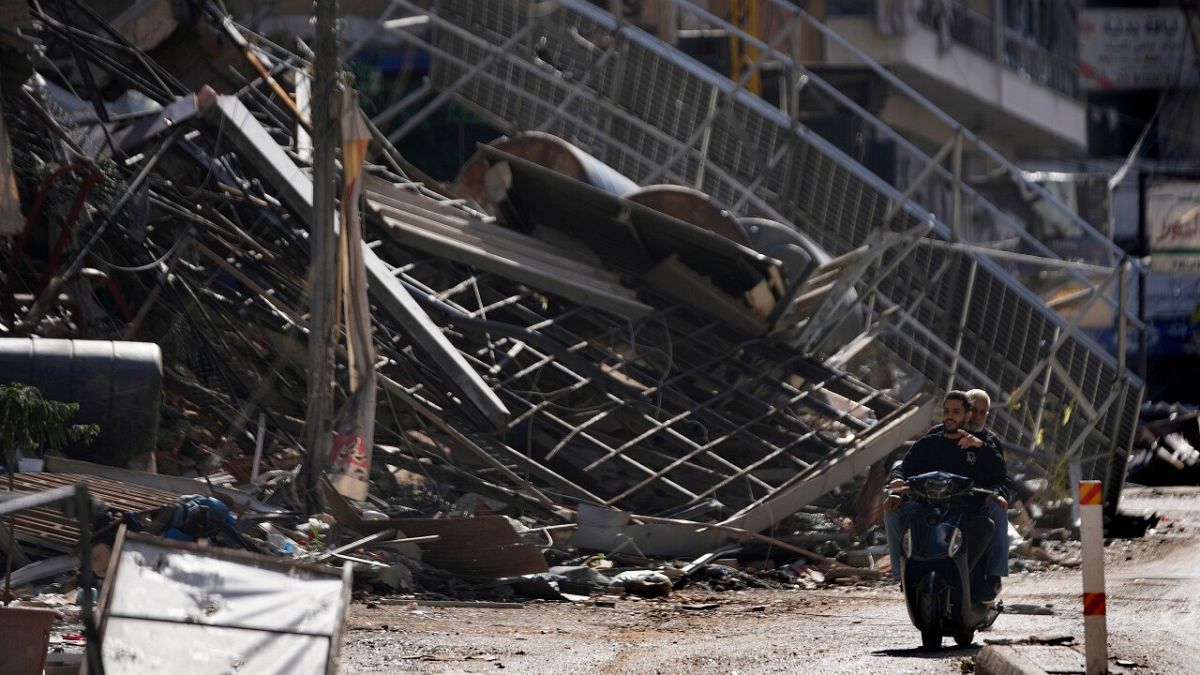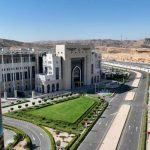Ceasefire talks in Lebanon are ongoing, but Israel’s defence minister has dismissed the possibility of a truce with Hezbollah. Recent Israeli airstrikes have resulted in casualties in Lebanon, with eight people killed in a strike in northern Lebanon and seven people killed in a strike in southern Lebanon. Israel has continued to target areas deep inside Lebanon, leading to further escalation.
On Monday, Lebanon ceasefire talks seemed to be making progress as Israeli Prime Minister Benjamin Netanyahu’s top adviser met with US officials in Washington. Despite some progress being reported, Israel’s defence minister, Israel Katz, has stated that there will be no ceasefire with Hezbollah and the Israeli Defense Forces will continue to target the group until their goals are accomplished. Meanwhile, Palestinian medical officials have reported casualties in Gaza due to Israeli strikes.
In response to these developments, Israeli Finance Minister Bezalel Smotrich has expressed his intentions to push for the annexation of parts of the occupied West Bank after the incoming US President Joe Biden takes office. The international community, including EU foreign policy chief Josep Borrell, has condemned this move as illegal. The settlements in the West Bank are considered illegal by the international community, with many seeing them as obstacles to peace.
Despite the ongoing violence and tensions in the region, efforts to reach a ceasefire and work towards a peaceful resolution continue. The situation in Lebanon, Gaza, and the West Bank remains volatile, with many advocating for diplomatic solutions to end the conflict. It is essential for all parties involved to engage in dialogue and negotiations to prevent further escalation and loss of life in the region. The international community plays a crucial role in supporting these efforts and promoting a peaceful resolution to the ongoing conflicts in the Middle East.











